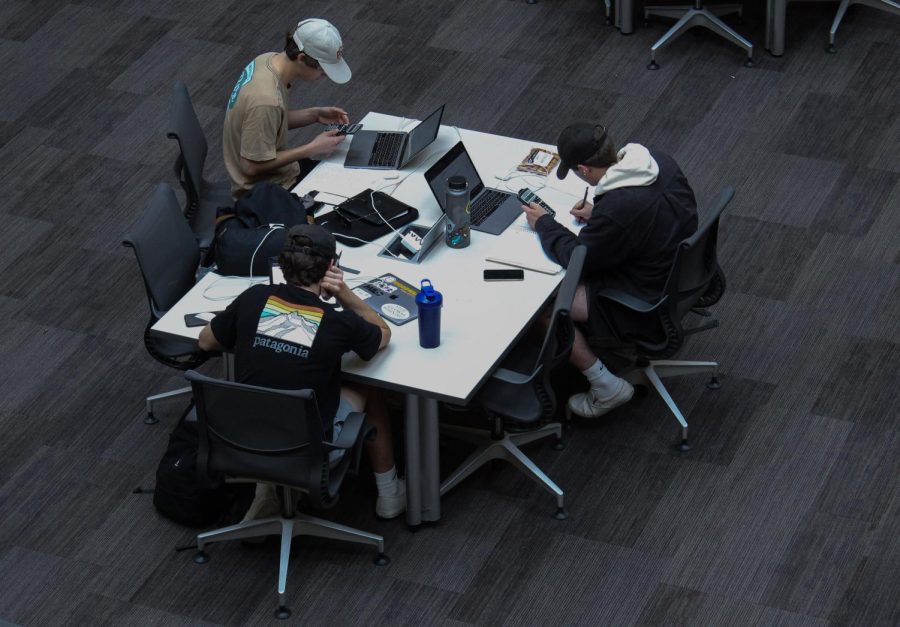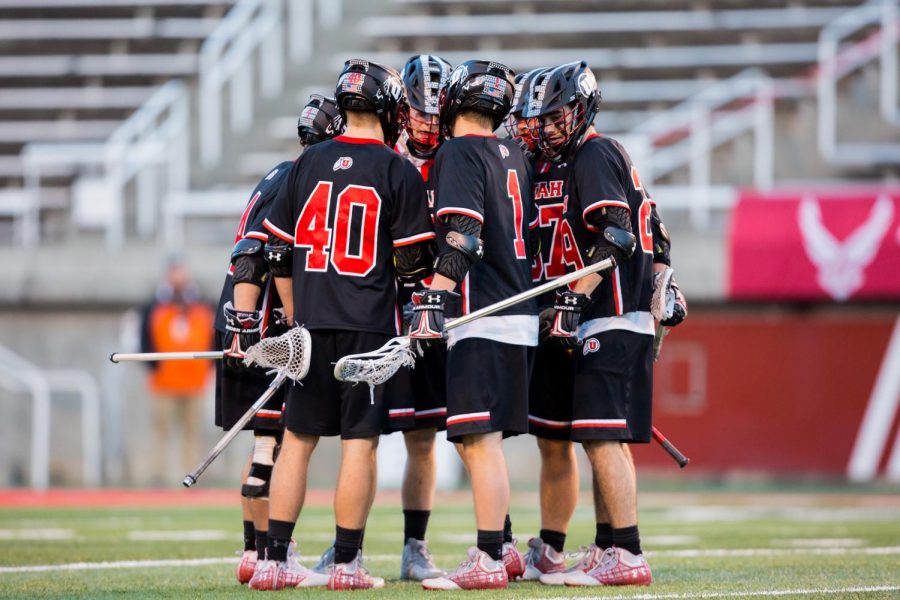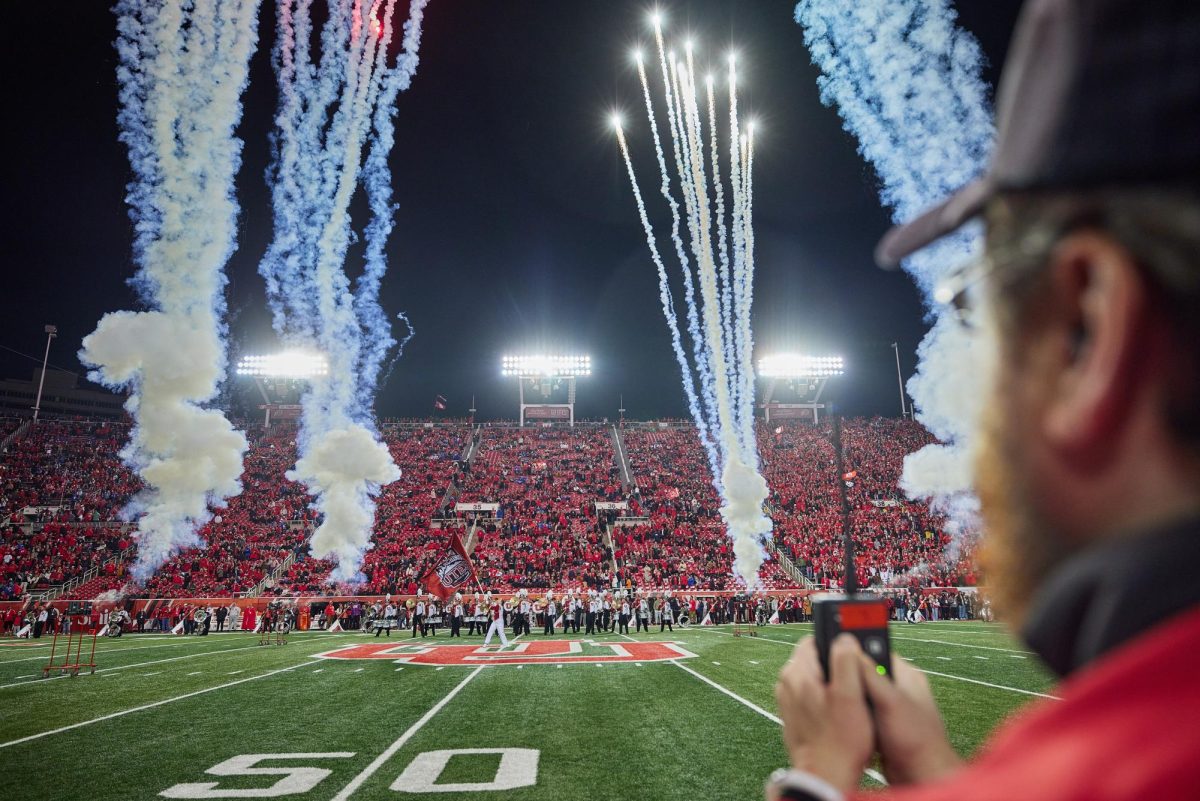U Leadership Share Tips and Resources for Student Success
Students study at the J. Willard Marriott Library at the University of Utah Campus in Salt Lake City, on Nov. 1, 2021. (Photo by Brooklyn Critchley | The Daily Utah Chronicle)
November 3, 2022
University of Utah midterm season is past us and next week we enter week 11 of the semester, meaning final exams and projects are right around the corner. It can be challenging to create good study habits, but the school has several resources students can take advantage of to ace their exams and be successful in college.
According to Associate Vice President Dean of Students Dean Jason Ramirez and Senior Vice President for Academic Affairs Dr. Martell Teasley, regularly attending class and asking questions when you don’t understand are some of the most important things students can do to improve their grades and study habits.
“I would encourage students to go to class every day, try to take notes and ask questions and engage with the faculty members, especially when they don’t understand,” Ramirez said.
Teasley said one way he prepared for college major exams would be by giving himself a month to study so he had time to understand the material by going over it at least three times.
“After a while, those notes that you have … reinforce the thought or trigger the thought of what you learned when reading,” he said.
Teasley said being engaged in class, creating enough time to study and annotating textbooks are good ways to ace exams. He said students do not use office hours as much as they should.
“Don’t be afraid to ask the professor questions,” he said. “Most professors like students that are curious … and they have a much more favorable opinion of students who come to see them because they know they’re trying,” he said.
There are resources students do not take advantage of, such as tutoring, that can help students who need extra help or who need extra practice. Ramirez said, “I think it’s an often big misconception that tutoring is just for students who are struggling because it can really help students who also know what they’re doing.”
The U offers several free tutoring services to students, including the University Writing Center and the Learning Center where you can receive individual tutoring, supplemental instruction, first-generation drop-in tutoring and learning consultations.
Ramirez explained academic advisors are not only there to help students create a balanced schedule, but also to give advice on which professors will best suit a student’s learning style, which classes will best fit a student’s career path and how to get involved on campus.
“Advisors are probably some of the most overlooked staff members at the university that are here to help students,” Ramirez said.
Teasley said seeing an academic advisor is important because they can help mix and match classes for a balanced schedule. “There are some classes that are really tough and you don’t want to take the hardest classes all at once,” he said.
Ramirez said another important part of being successful in school that students often overlook is their physical health and wellness, especially in terms of sleep.
“It’s super easy to just stay up, do an all-nighter and hang out with friends or do all-nighters while you’re studying and not think of the ramifications that come from that,” he said.
Ramirez said he understands it’s challenging for students to manage themselves, but the choices students make when it comes to their health is a large part of the equation when it comes to time management. He added students should be, “thinking about how do my choices affect my physical health, my mental health, my stress and my anxiety?”
Teasley said it’s ideal for students not to work while in school because it’s tough to engage both simultaneously, but unfortunately, many students need to work part-time or full-time jobs to make ends meet.
“It takes a bit of discipline if you work, it takes a lot of discipline, if you’re working and going to school,” he said.
Students can learn more about the tutoring resources the U offers for a variety of classes on the Learning Center website. Students can schedule academic advising appointments here.












